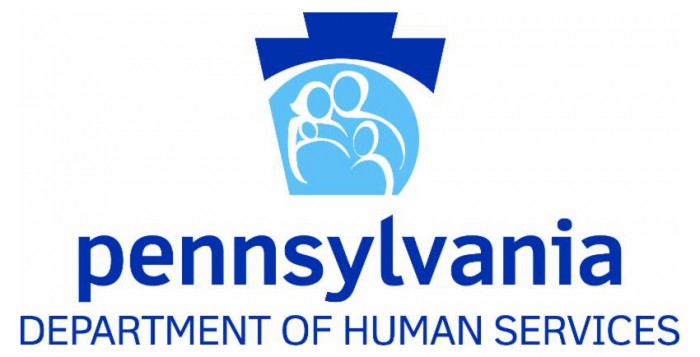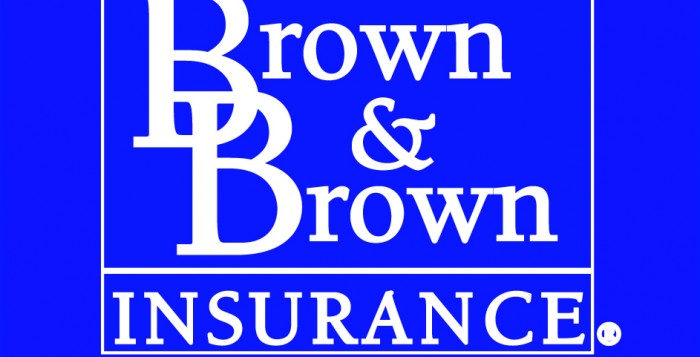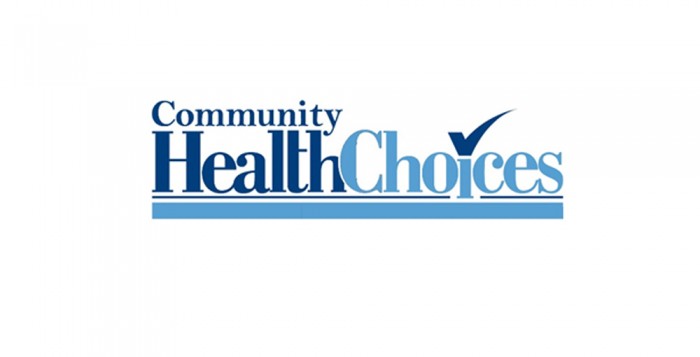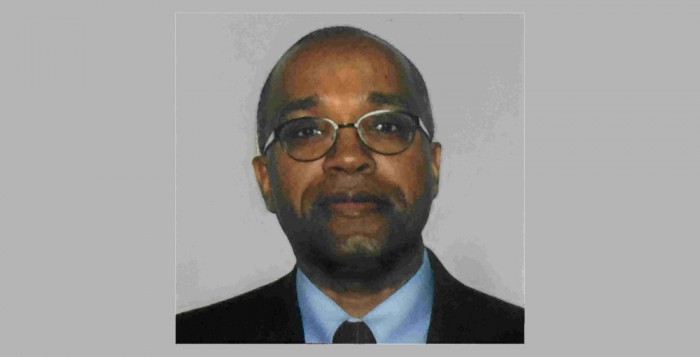In the May 13, 2017 PA Bulletin, the Department of Human Services (Department) made available for public review and comment the Medical Assistance Quality Strategy for Pennsylvania.
The Department is complying with Centers for Medicare and Medicaid Services’ (CMS) requirement that states draft and implement a written quality strategy for assessing and improving the quality of health care and services furnished by managed care organizations that have a contract with the Department. As a result, the Department has developed the Medical Assistance Quality Strategy for Pennsylvania, which discusses the various quality improvement initiatives the Department has implemented to increase the quality of care for individuals receiving services through its managed care programs. The Medical Assistance Quality Strategy for Pennsylvania is not intended to comprehensively describe all the activities that the Department undertakes to assure the quality of care rendered to individuals who are receiving services through managed care programs.
The Department’s quality strategy will be used to assure that the contractors that are implementing the Department’s managed care programs are in compliance with the terms of their agreements with the Department and have committed resources to meet the following: to perform monitoring and ongoing quality improvement; to contribute to the improvement of health for the populations they serve; and to incorporate new programmatic changes to assure that the individuals they serve have timely access to high-quality care.
The Medical Assistance Quality Strategy for Pennsylvania will include programs and initiatives within the following:
- The Office of Medical Assistance Programs, Bureau of Managed Care Operations;
- The Office of Mental Health and Substance Abuse Services;
- The Office of Long-Term Living Community HealthChoices;
- CHIP; and
- Adult Community Autism Program (ACAP).
The Medical Assistance Quality Strategy for Pennsylvania can be viewed here and interested persons are invited to submit comments regarding the Medical Assistance Quality Strategy for Pennsylvania to the Department via email. Comments received within 30 days must be reviewed and considered before the Quality Strategy is submitted to CMS for review.
Persons with a disability who require an auxiliary aid or service may submit comments using the Pennsylvania AT&T Relay Service at 800-654-5984 (TDD users) or 800-654-5988 (voice users).

















